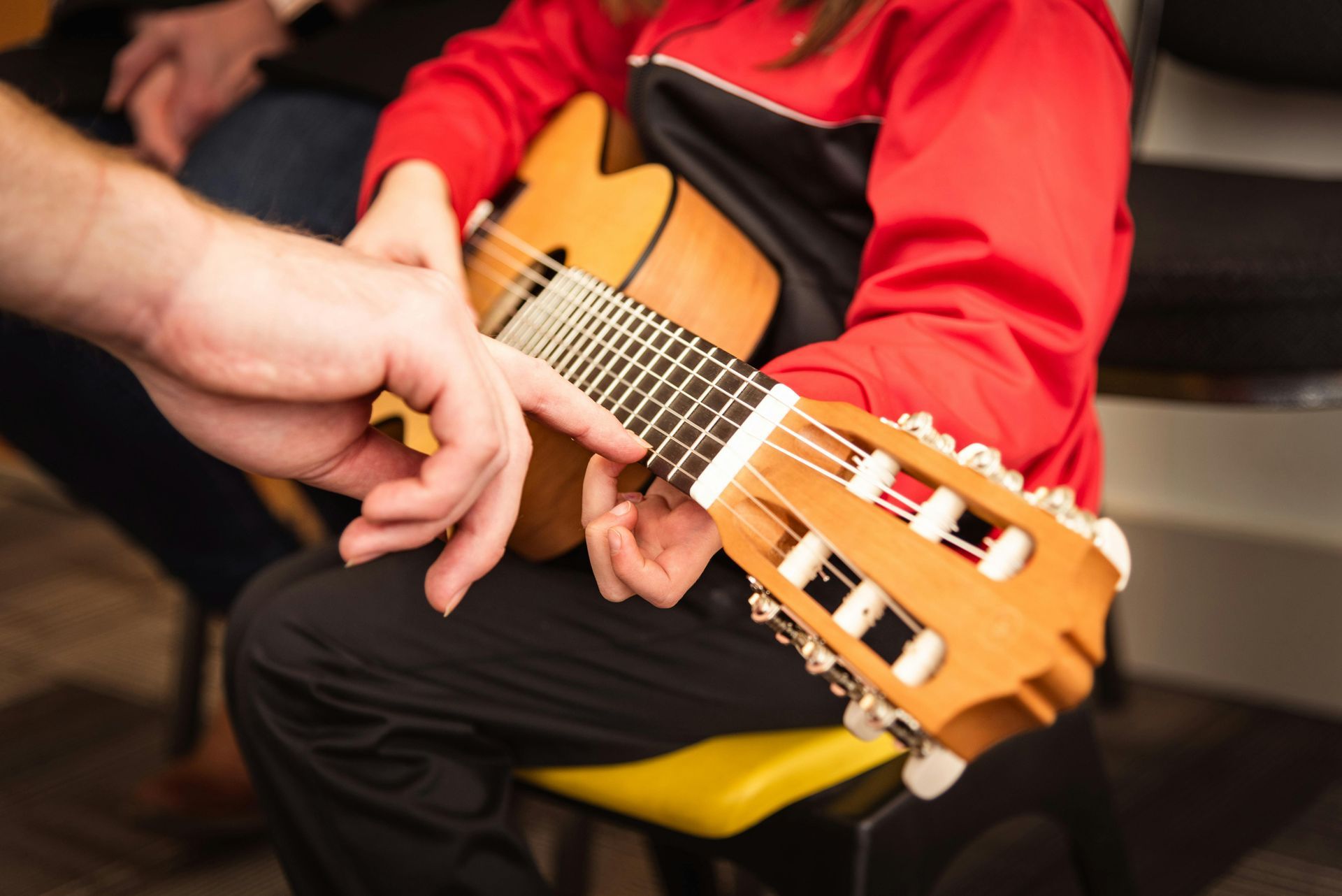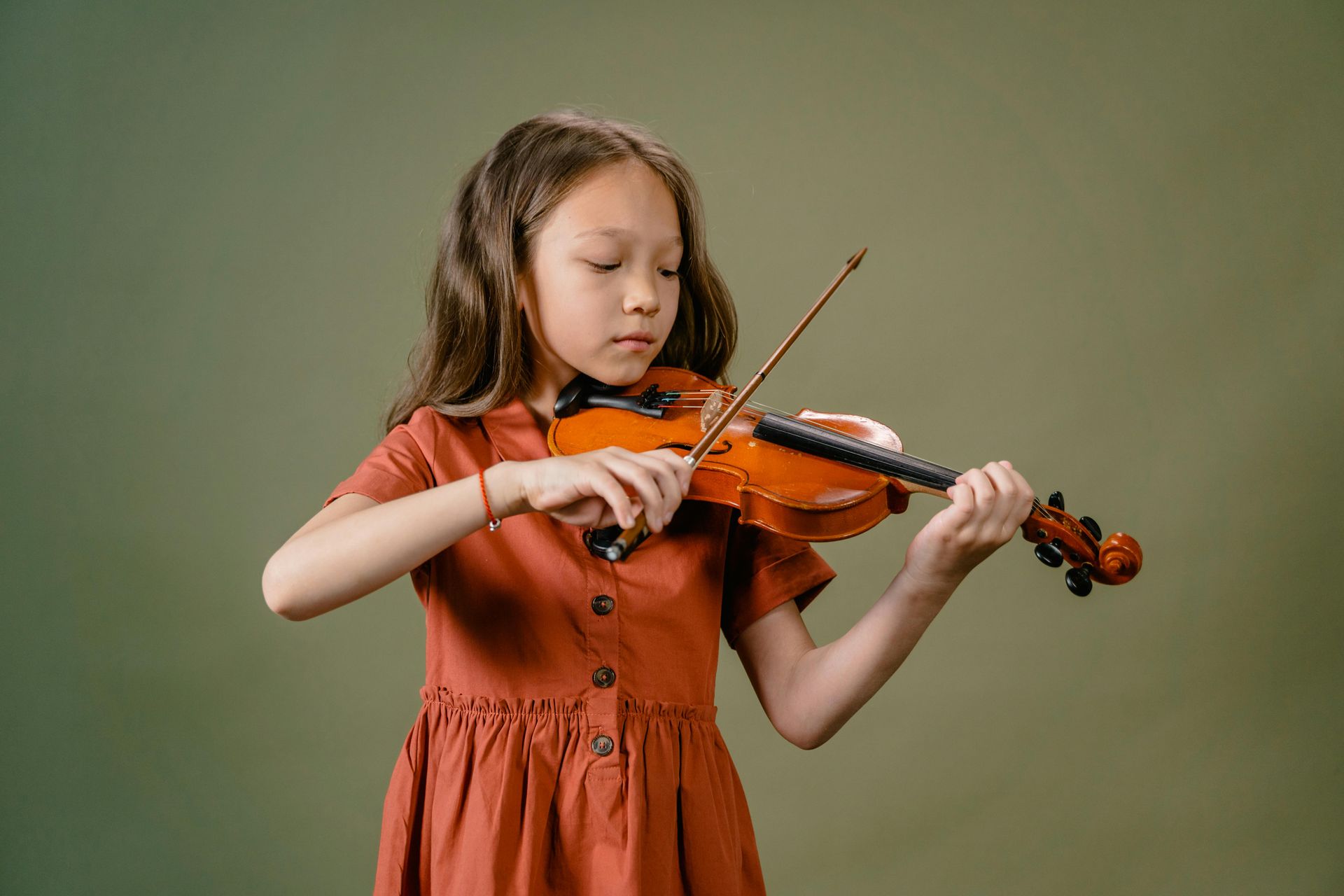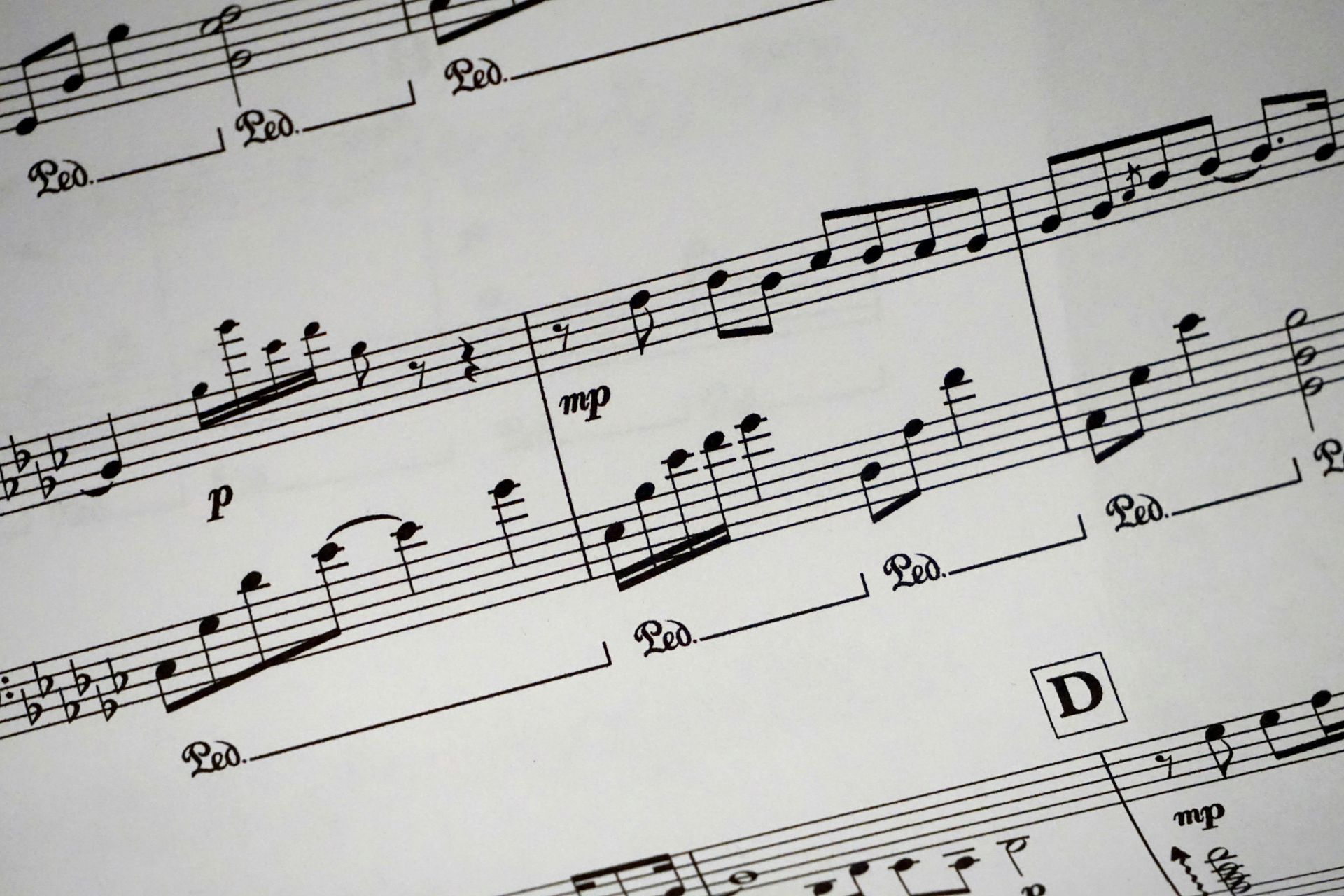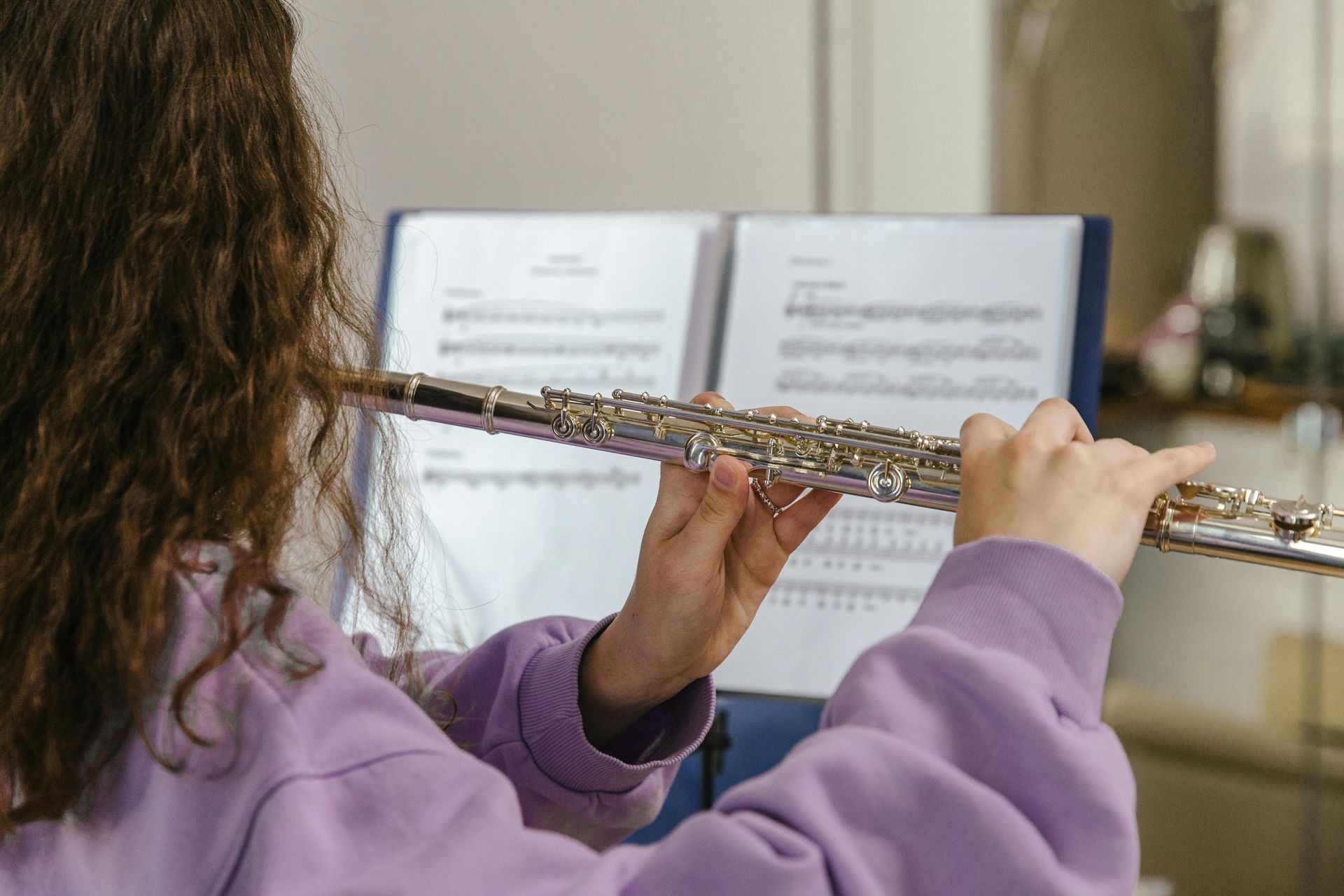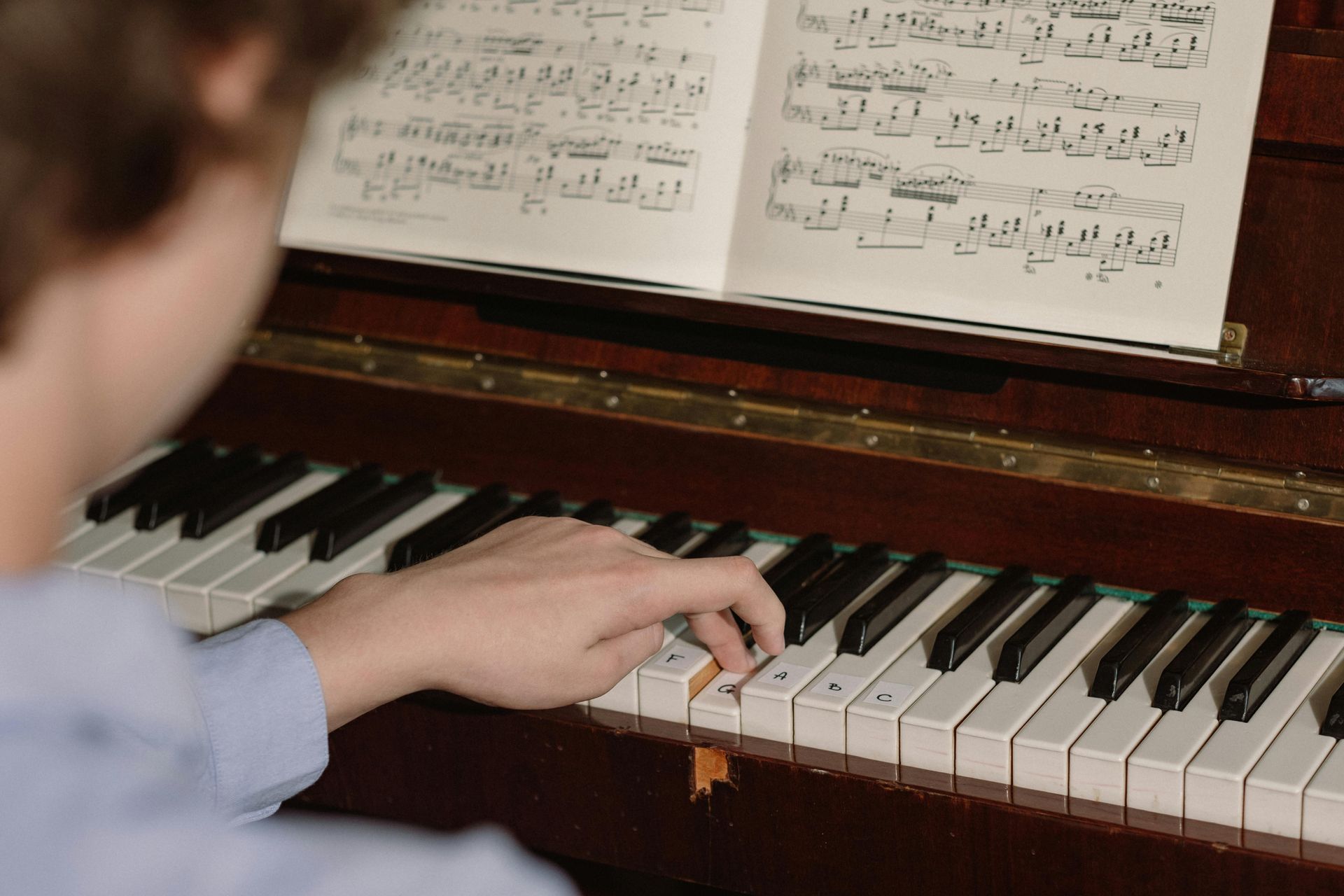Is Musical Talent Real? What Science Actually Says About “Gifted Kids”
Inspired by research summarized in Foundations of Music Education (Abeles, Hoffer & Klotman)
Chapter 7: “The Nature and Measurement of Musical Ability”
Most parents have wondered at some point — “Is my child talented?”
Maybe you’ve watched another child play remarkably well and felt curious about what makes some children excel faster.
The encouraging truth, backed by decades of research in music psychology, is:
There is no single thing called “musical talent.”
What we call “talent” is actually a combination of multiple developing skills.
Let’s explore what that means for your child.
🎵 1. Musical Ability Is NOT One Trait — It’s Many Working Together
In Foundations of Music Education, Chapter 7 emphasizes that musical ability consists of multiple distinct components, not one fixed trait. These include:
- Pitch sensitivity
- Rhythm accuracy
- Tonal memory
- Coordination and fine motor skills
- Auditory discrimination
- Expressiveness
- Musical understanding
- Attention and focus
Every child has a unique blend of these traits.
What parents often perceive as “talent” is simply one part of this larger musical skill set showing up early.
🌱 2. Musical Potential Is Not Fixed — It GROWS Throughout Childhood
Chapter 7 explains that musical aptitude is still developing during the early years of life. This means that musical potential is:
- Flexible
- Influenced by experience
- Sharpened by exposure
- Boosted by instruction
Kids who are surrounded by music at home—singing, listening, watching performances—are literally shaping their musical brain.
This is great news:
Your child does not need to show early brilliance to become musical.
Musical potential can grow with the right environment.
🧠 3. What Parents Call “Talent” Is Often Exposure + Encouragement + Routine
The authors of Foundations of Music Education note that children who appear naturally skilled often have rich musical environments at home. They may:
- Hear music consistently
- Have supportive parents
- Practice regularly
- Begin lessons early
- Experience success early on
- Receive structured guidance
It’s not magic — it’s a combination of experience, structure, and confidence.
Consistency creates the illusion of talent.
Children thrive when music feels natural, achievable, and rewarding.
👀 4. Yes, Some Kids Pick Up Music Faster—But That Doesn’t Predict Long-Term Success
Research in Chapter 7 acknowledges natural variations in early aptitude.
Some children may keep a steady beat naturally, while others need more guidance.
But the key point is:
Initial ease is NOT a predictor of who becomes a skilled musician long-term.
Long-term studies repeatedly show that:
- Persistence beats early “talent.”
- Children with average aptitude often surpass “early bloomers.”
- Motivation and support matter far more than natural ease.
This is why our teachers celebrate progress, not comparison.
💪 5. The Real Formula for Musical Success
Chapter 7 summarizes decades of research into one powerful idea:
Musical Achievement = Aptitude × Motivation × Environment
This means:
- A child’s “starting point” (aptitude) matters
- But their drive (motivation) and support system (environment) matter just as much
Parents play a central role in creating that musical environment—encouragement, routine, exposure, and positivity multiply a child’s progress.
🎶 6. Every Child Is Born Musical — Just in Different Ways
Children grow differently in music because musical ability is multi-dimensional.
A child who struggles with rhythm may excel with pitch.
A child who hesitates with coordination may shine in creative expression.
Chapter 7 reinforces that every child is musical—but no two children show it in exactly the same way.
And importantly:
Any child can become a confident musician with consistent instruction and supportive adults.
🌟 7. What This Means for Your Child at Musical Living Academy
Here’s what we want every MLA parent to know:
- Your child doesn’t need “natural talent.”
- Progress isn’t linear — it develops in waves.
- Early frustrations are normal and healthy.
- Small, consistent steps build lifelong skills.
- Your support at home has a powerful impact.
- We meet children where they are — and raise them higher.
Our teachers are trained to nurture both the skill and the confidence needed to grow into a lifelong musician.
🎤 Closing Thought
If your child enjoys music, is curious during lessons, and celebrates small wins — you’re already witnessing musical “talent” in the truest sense.
Everything else can be taught, nurtured, and developed over time.
And we’re honored to walk that journey with your family. ❤️
